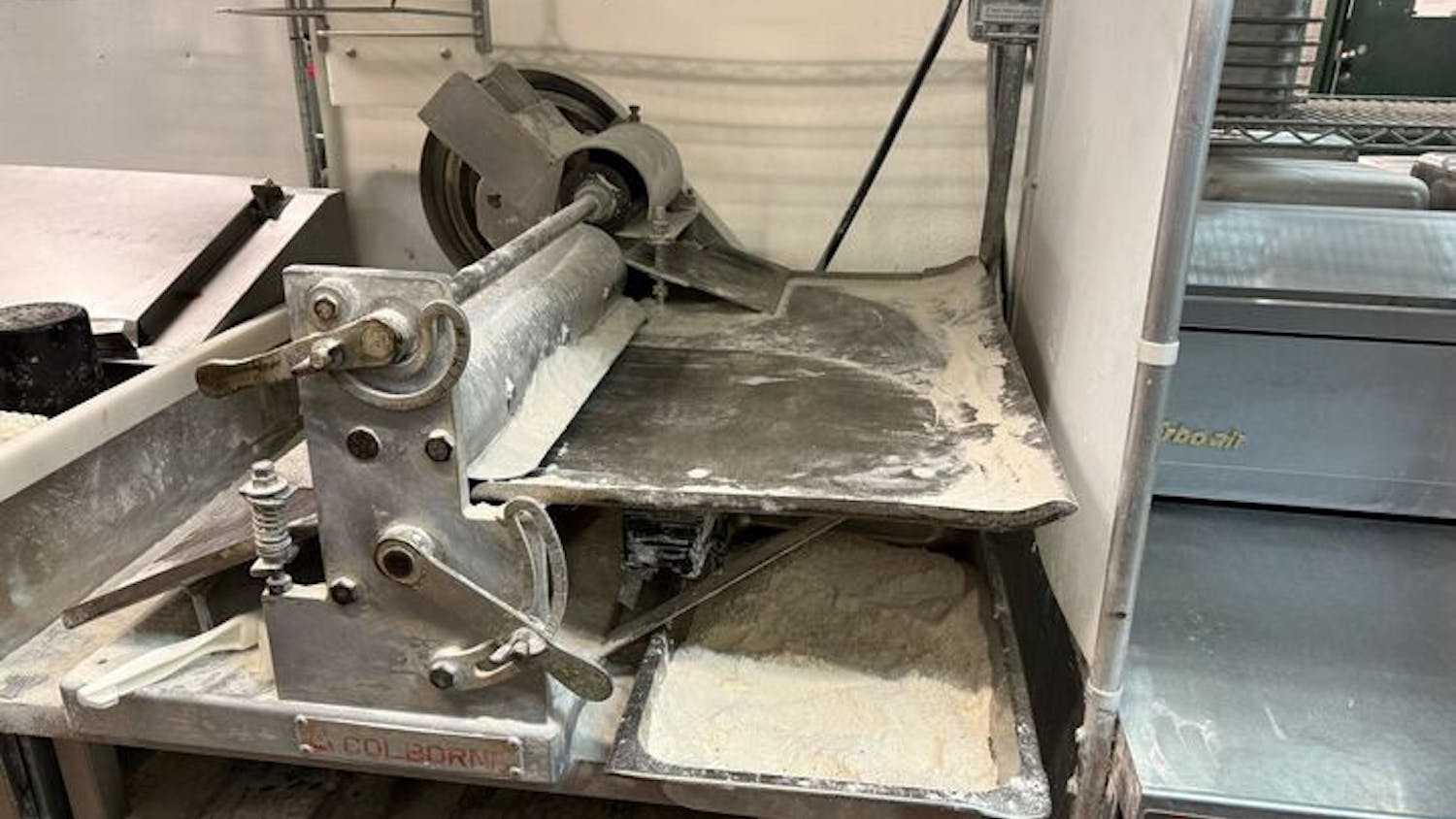The University of Wisconsin-Madison lost at least $12 million in federal research grants since the start of the Trump administration, forcing faculty and researchers to shut down projects, lay off staff and scale back scientific progress.
Dr. Ellen Selkie, an assistant professor at UW-Madison and principal investigator on a now-defunded National Institute of Health-funded study, said her team enrolled more than 325 adolescents from across Wisconsin and collected comprehensive data to explore a question they believed to be at the center of national concern: How does social media affect youth mental health?
The National Institute of Health (NIH) informed the university of the $10 million grant’s termination via email in late March, citing a shift in funding priorities, specifically around the inclusion of gender identity in the study. The grant was one of three grants under a 2020 initiative calling for research into the impact of technology and digital media on health, during the pandemic.
“Ours was the only one in the country that specifically focused on adolescents,” Selkie told The Daily Cardinal. “Losing it not only sets our research back, it leaves a void in national understanding of this issue.”
The terminations raise broader concerns on academic freedom from faculty and administrators. Several of the grants terminated at UW–Madison shared common threads: their research topics included gender, adolescent development or racial equity. Faculty and administrators worry these decisions reflect growing political pressure on federal agencies to steer away from socially sensitive or controversial research.
At an R1 research university like UW-Madison, where federal funding supports nearly $900 million in research annually, the ripple effects are already visible.
Selkie and the rest of her team had reached full stride when the funding was cut. Her team was collecting data through MRIs, surveys and interviews, all designed to track how teenagers interact with social media and how those interactions shape their brains and behavior over time.
“The science was just beginning,” Selkie said. “Now that momentum is gone.”
The consequences stretch far beyond lost data. The grant supported tuition remission and stipends for several graduate students. One of them, Selkie said, abandoned their plans for graduate school entirely after learning there would be no funding to support their education.
“Being a grad student is already a financial challenge,” Sulkie said. “Without funding, it becomes nearly impossible.”
She also pointed to the loss of public trust. More than 300 Wisconsin families had committed time, energy and personal information to the study.
“When you shut down a project midstream, you risk eroding faith in the research process,” Selkie said. “It becomes harder to ask families to participate in the future.”
Federal grants fund far more than data collection. They help maintain research facilities, employ staff and fuel local economies through jobs and services.
“Research isn’t abstract,” Selkie said. “It involves equipment, people and community partnerships. Cutting grants has real economic consequences.”
Selkie emphasized the research community has long operated under financial uncertainty. Securing grants has always been competitive, but she worries the current climate will push young scientists out of the field altogether.
“I don’t blame anyone who chooses not to take this risk anymore,” she said. “If this is what it means to build a career in science, people will look elsewhere.”
Selkie said her team has submitted new proposals to NIH and private foundations. She remains hopeful that the importance of their work will continue to resonate with funders.
“There’s no doubt in my mind that our research matters,” she said. “We’ll keep going, even if the path forward is much harder.”
Alaina Walsh is the city news editor for The Daily Cardinal. She formally served as the associates news editor and has covered breaking news on city crimes, a variety of state and campus issues, the 2024 presidential election and the UW-Madison budget. You can follow her on twitter at @alaina_wal4347






